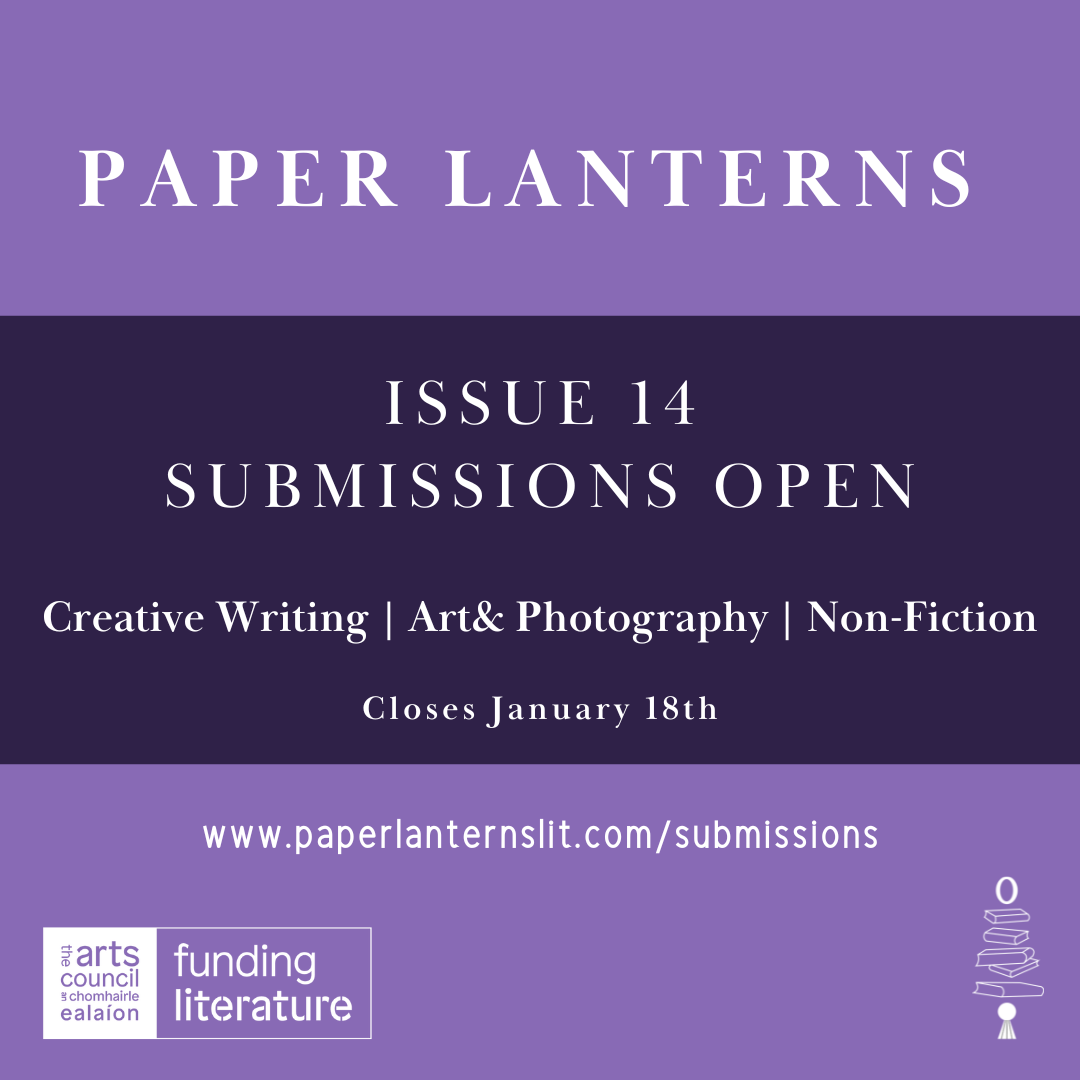
In the small town of Palmetto, four people vanish with no explanation in the dead of night. One of them is Nora’s best friend Becca, whom Nora has not spoken to since they fell out months before. Nora is at a loss as to where Becca could have gone. Only Becca seemed to know she’d vanish before she did. She’s left clues for Nora, sending a message only Nora can decipher. Every clue leads Nora back to the one game she never wanted to play again: the goddess game.
The experience of reading this novel is akin to hearing a mystery told at a campfire. The writing is cinematic, creating a gothic atmosphere that perfectly complements the strange goings-on. The majority of the novel is narrated by Nora, who feels like a real teenager: flawed, scared, but fiercely loyal. It is Nora’s love for Becca that pushes her to solve the mystery, and you cannot help but root for her.
The ending was abrupt, but since the story had good pacing before this and all loose ends were tied up, it still felt like a satisfying conclusion. Albert pokes at elements of small-town life and the teenage experience in this novel – from the spreading of rumours to high school drama – which adds a needed level of realism to the supernatural plot. At its core, however, The Bad Ones explores what people are willing to do to protect those they love. For that exploration alone, it is a worthwhile read.
Tara O’Malley
The Bad Ones
Melissa Albert
Penguin Books, February 2024
Paperback, £8.99
ISBN 9780241662038














